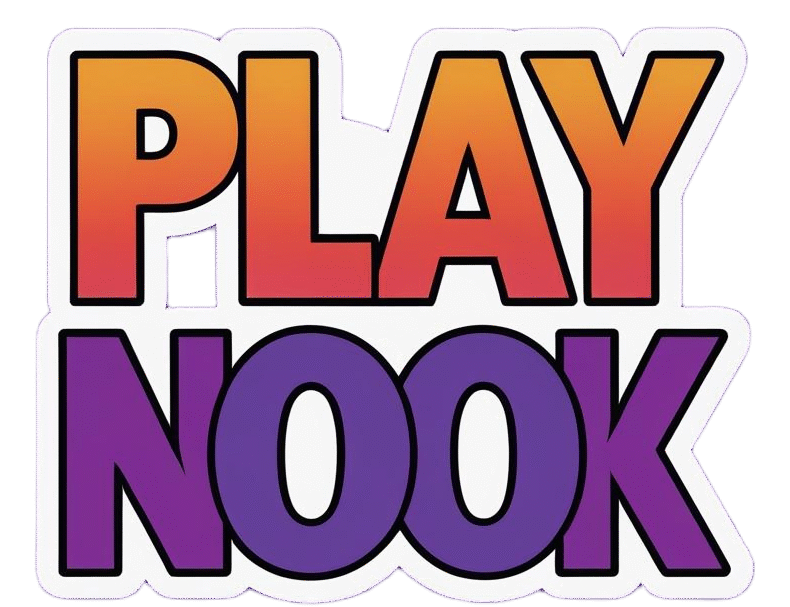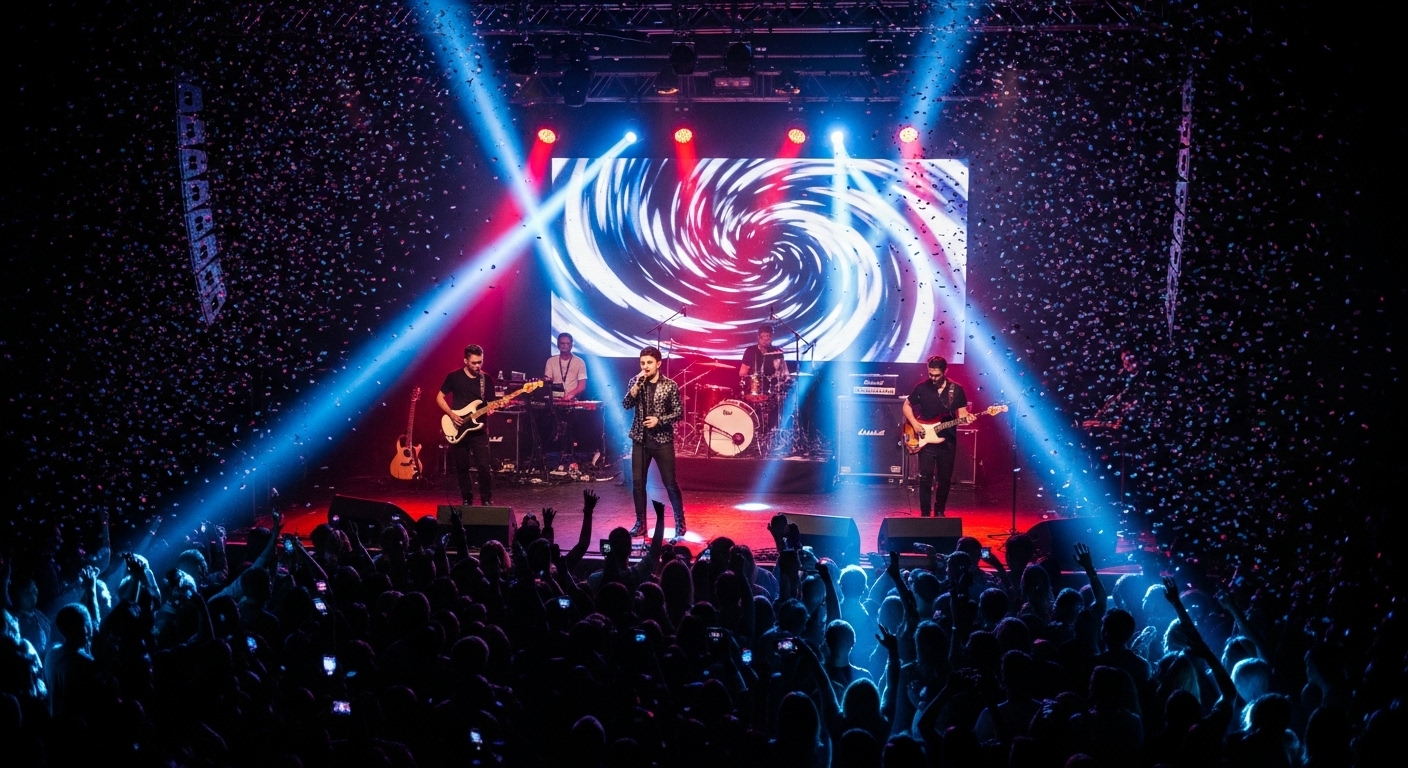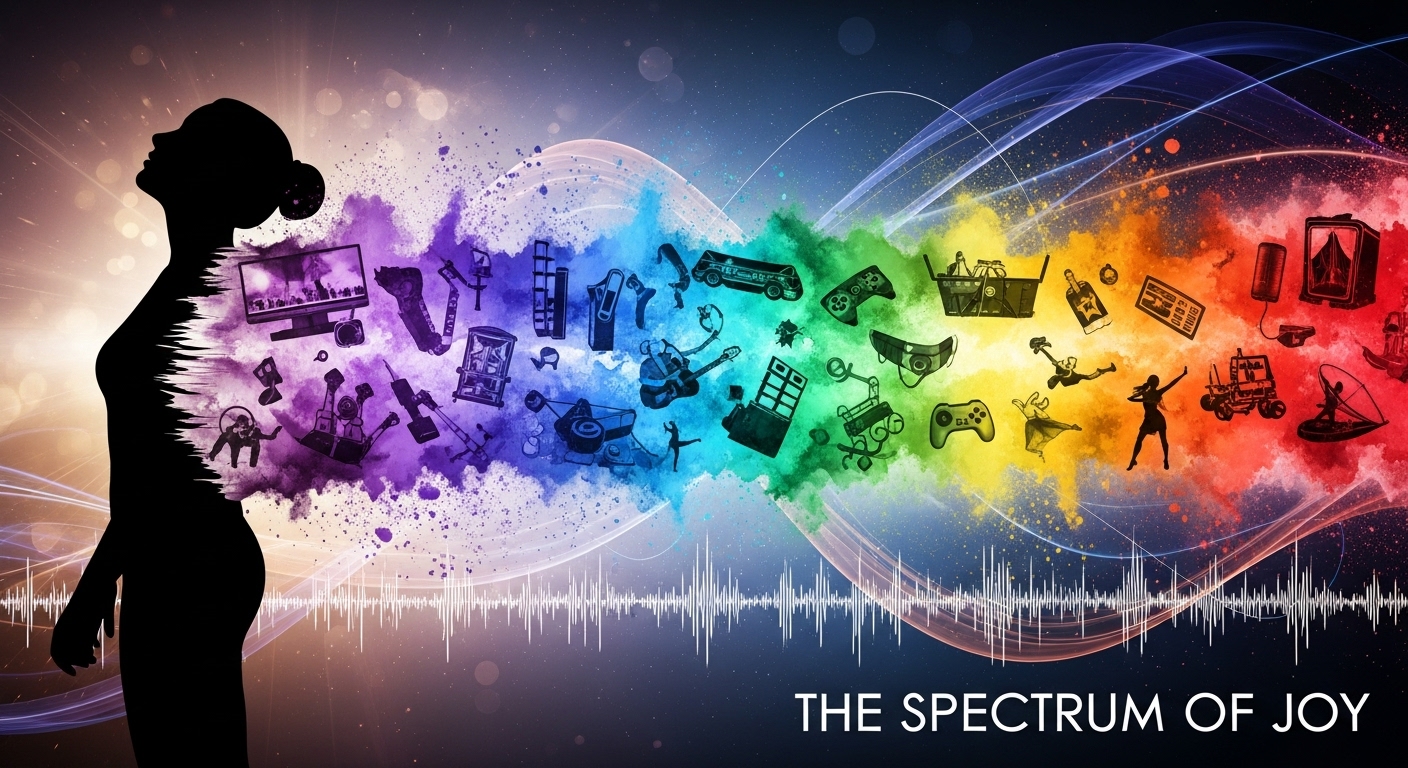Entertainment has always been a vital part of human life, evolving from simple forms like storytelling and theater to the complex digital experiences we enjoy today. As technology continues to advance at a rapid pace, the way we consume entertainment has changed drastically. From streaming platforms and social media to virtual reality and gaming, the entertainment landscape has grown exponentially, offering more ways to relax, engage, and experience new worlds. Let’s dive into how technology is reshaping entertainment in the modern age.
Streaming Services: The Revolution of On-Demand Entertainment
One of the most significant transformations in entertainment over the past decade has been the rise of streaming services. Traditional cable TV is rapidly losing its dominance as services like Netflix, Hulu, Disney+, and Amazon Prime Video have changed how we watch movies and TV shows. Gone are the days of waiting for weekly episodes or planning our schedules around specific broadcast times. Now, with just a few clicks, viewers have access to entire libraries of content, ready to be streamed at their convenience.
The ability to watch what you want, when you want, has made streaming platforms a cornerstone of modern entertainment. Moreover, these platforms have become cultural hubs, producing original content that often rivals traditional Hollywood blockbusters. From Stranger Things to The Mandalorian, these original shows and movies not only attract global audiences but also set trends in storytelling, production value, and even fashion.
The Social Media Shift: From Interaction to Entertainment
Social media has shifted from a simple means of communication to a powerful platform for entertainment. Platforms like YouTube, TikTok, Instagram, and Facebook offer a variety of content, from short, snappy videos to long-form content that can be just as captivating as traditional media. Influencers, creators, and ordinary people alike now have the ability to entertain and connect with vast audiences worldwide.
YouTube, for instance, has become a one-stop hub for entertainment, with content ranging from beauty tutorials to gaming streams and comedy skits. TikTok, on the other hand, has turned short-form content into a global trend, with viral dances, memes, and challenges creating an entirely new form of social entertainment. The beauty of social media is that it allows for endless creativity and audience interaction, creating a dynamic and often unpredictable entertainment space.
Gaming: An Immersive Experience Beyond the Screen
The gaming industry has experienced an incredible transformation, evolving from simple pixelated games to immersive, lifelike experiences that blur the lines between reality and fantasy. What was once a hobby for a niche group of people is now a global entertainment phenomenon. Games like The Legend of Zelda: Breath of the Wild, Fortnite, and Minecraft have captured the imaginations of millions, offering not just gameplay but entire worlds to explore.
Online multiplayer gaming, in particular, has exploded, creating virtual communities and cultures where players can interact, compete, and collaborate. The rise of esports, where professional gamers compete in tournaments with massive audiences, has further cemented gaming as a mainstream form of entertainment. The competitive aspect of gaming has drawn in viewers who may not play games themselves but enjoy watching others play, similar to how people enjoy watching traditional sports.
Furthermore, the integration of Virtual Reality (VR) and Augmented Reality (AR) into gaming has pushed the boundaries of what’s possible. VR allows players to step inside games and explore 3D environments as if they were real, while AR games like Pokémon GO blend digital elements with the physical world. This evolution in gaming technology is changing the very definition of entertainment, offering experiences that are more interactive and immersive than ever before.
Live Entertainment: The Thrill of the Real-Time Experience
Even with the rise of digital media, live entertainment remains as popular as ever. Concerts, theater performances, comedy shows, and sports events offer something unique: the excitement of a shared experience in real time. The connection between performers and audiences creates an energy that cannot be replicated digitally.
In recent years, live-streamed concerts, virtual theater productions, and esports events have allowed fans from across the globe to enjoy real-time entertainment without leaving their homes. However, the return of large-scale festivals and live performances post-pandemic has reaffirmed the special place that live events hold in the world of entertainment. Whether it’s a packed stadium for a rock concert or an intimate theater performance, live entertainment fosters a sense of community and shared enjoyment that still stands strong against digital alternatives.
The Emergence of Audio Entertainment: Podcasts and Audiobooks
In addition to visual entertainment, audio entertainment has gained tremendous popularity in recent years. Podcasts, once considered a niche interest, are now a mainstream form of entertainment. With millions of podcasts available on topics ranging from true crime to comedy and self-improvement, there’s something for every interest.
Podcasts offer an intimate form of storytelling, allowing listeners to connect with hosts and guests on a personal level. They can be consumed on-the-go—whether driving, exercising, or doing household chores—making them a convenient and immersive form of entertainment. Audiobooks have also grown in popularity, allowing book lovers to enjoy their favorite stories without needing to sit down and read.
Both podcasts and audiobooks appeal to a broad audience by offering a flexible and engaging way to consume content. As more people turn to these platforms, the variety and quality of audio entertainment continue to rise, making them valuable additions to the entertainment ecosystem.
The Future of Entertainment: AI, VR, and Beyond
Looking ahead, the future of entertainment holds endless possibilities. Emerging technologies like Artificial Intelligence (AI), Virtual Reality (VR), and Augmented Reality (AR) promise to bring entirely new ways of creating and experiencing entertainment.
AI has already begun to shape how content is created, from personalized movie recommendations on streaming platforms to AI-generated music and art. In the future, AI could also be used to create interactive and dynamic storytelling experiences where the narrative changes based on user decisions or preferences.
VR and AR are expected to revolutionize not only gaming but also film, music, and even social media. Imagine a future where you can walk through a movie scene or attend a concert from the comfort of your living room, interacting with virtual environments and performers as if they were real. These technologies have the potential to create truly immersive experiences that bring entertainment to life in ways we’ve never imagined before.
Conclusion: Entertainment in the Digital Age
The landscape of entertainment has expanded dramatically in the digital age. From streaming services and social media to gaming and immersive live experiences, the way we enjoy fun and relaxation has evolved in exciting new directions. These changes have made entertainment more accessible, diverse, and personalized than ever before.
Technology is continually pushing the boundaries of what’s possible, giving creators the tools to craft innovative experiences and offering audiences an ever-growing array of ways to engage. As we move further into the future, the entertainment world will undoubtedly continue to evolve, offering fresh ways to connect, relax, and enjoy the things that make us happy. One thing is for certain: the world of entertainment has never been more dynamic, and the future promises even greater adventures in fun.



